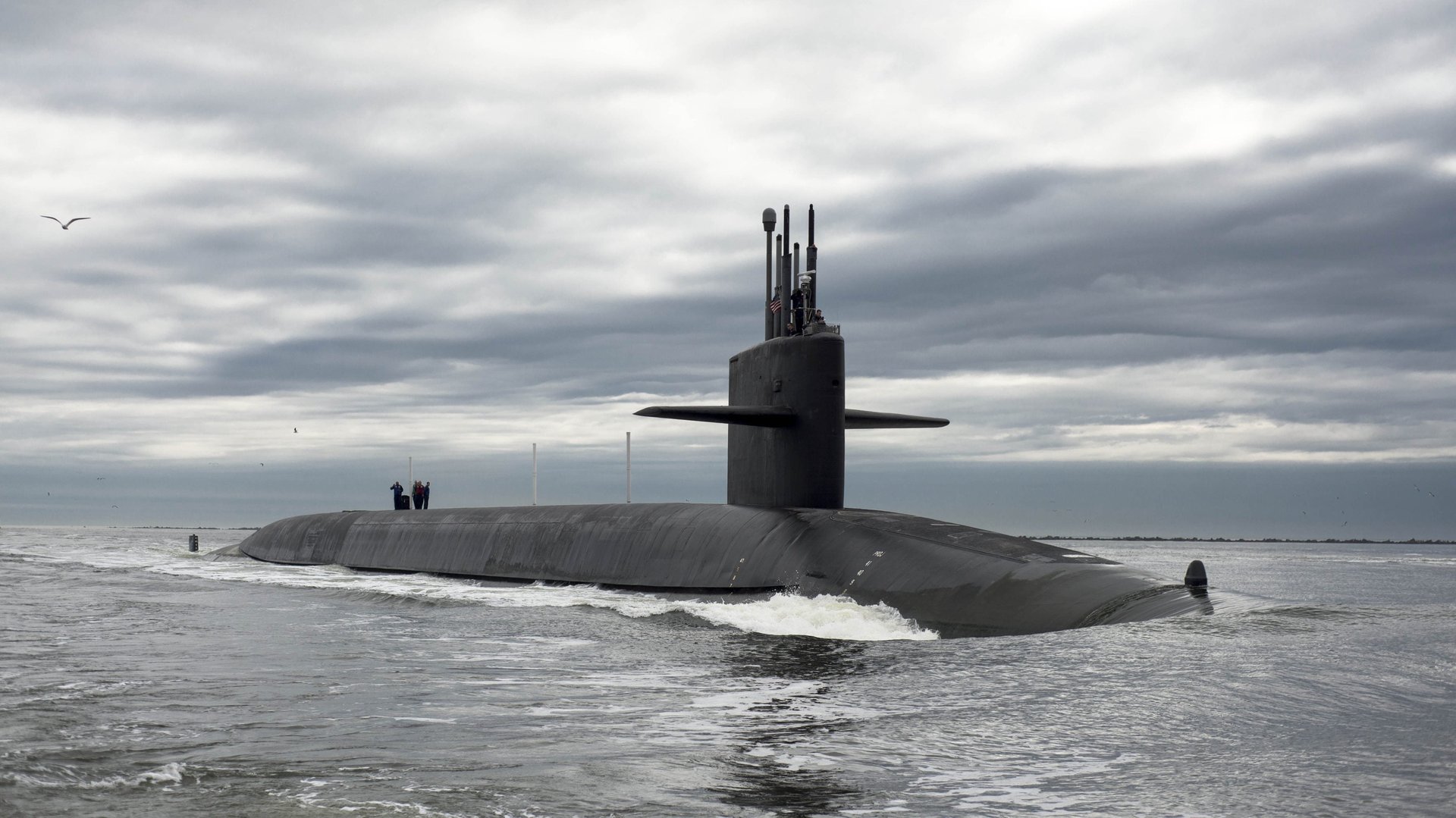The two countries with nearly all the world’s nuclear weapons have no intention of scaling back
The US and Russia, which possess nearly 93% of all nuclear weapons in the world, don’t plan to continue reducing their nuclear arsenal, but instead are spending money to modernize and modestly expand their weapons systems.


The US and Russia, which possess nearly 93% of all nuclear weapons in the world, don’t plan to continue reducing their nuclear arsenal, but instead are spending money to modernize and modestly expand their weapons systems.
The world’s nuclear arsenal has gradually declined since its peak of nearly 70,000 nuclear warheads in the mid-1980s, but reductions have slowed in recent years. According to a new report by the Stockholm International Peace Research Institute (SIPR), an independent think tank, in 2017, there were approximately 14,935 nuclear weapons, a slight reduction compared with 15,395 in early 2016. The report notes that both the US and Russia have failed to commit to further reductions. Just nine states possessed these weapons: the US, Russia, the UK, France, China, India, Pakistan, Israel, and North Korea.
States with nuclear weapons are spending billions on updating their systems and developing weapons. The US will spend approximately $400 billion over a 10-year period to maintain and modernize its arsenal; the US plans to buy replacement systems and build new nuclear weapon facilities. To maintain strategic parity with the US, Russia is limiting any further reduction in its nuclear arsenal and working to modernize its aging, Soviet-era missiles. The British government is investing £31 billion ($45.2 billion) to maintain its nuclear arsenal, while Pakistan and India are both gradually expanding the size of their nuclear weapon stockpile.
North Korea carried out high-profile tests of its nuclear weapons in the last year. The country has prioritized building a long-range ballistic missile that can deliver a nuclear warhead to the US (experts suggest there’s no independently verified evidence that the country currently has the capability to do so). US president Donald Trump has pressed president Xi Jinping of China to address what Trump called the “growing threat” (paywall) posed by North Korea’s nuclear weapons.
The United Nations drafted the first-ever treaty to ban nuclear weapons last month. More than 130 countries currently support the initiative that would outlaw nuclear weapons. Unsurprisingly, not one of the nine countries currently possessing nuclear weapons support the proposed measure.